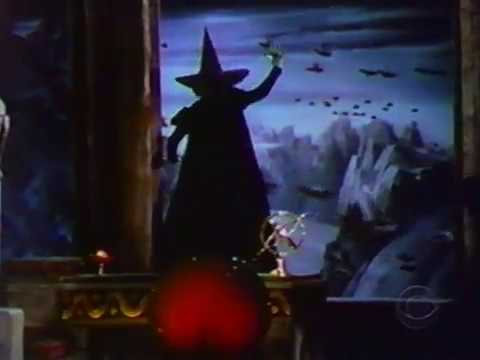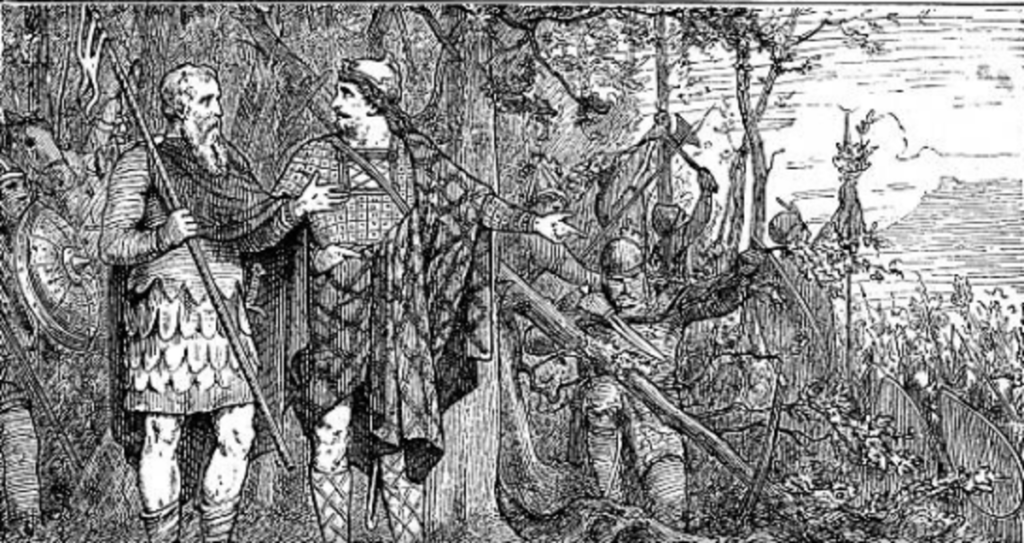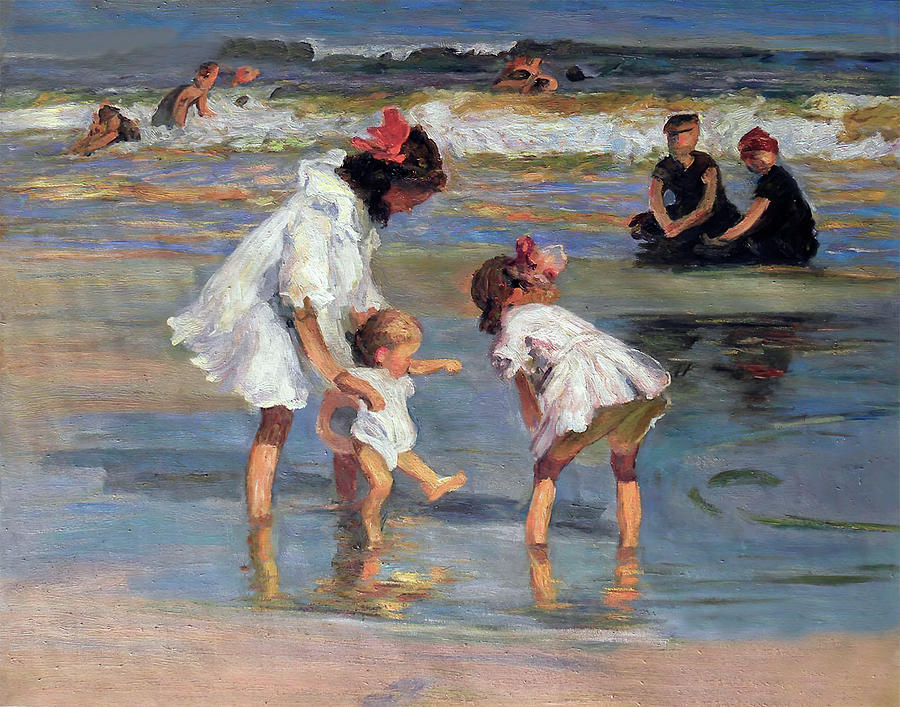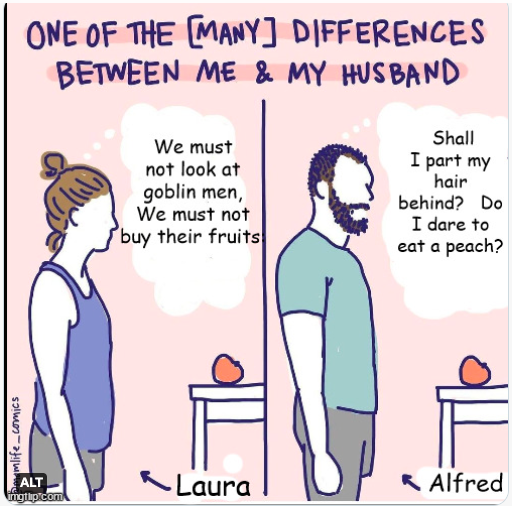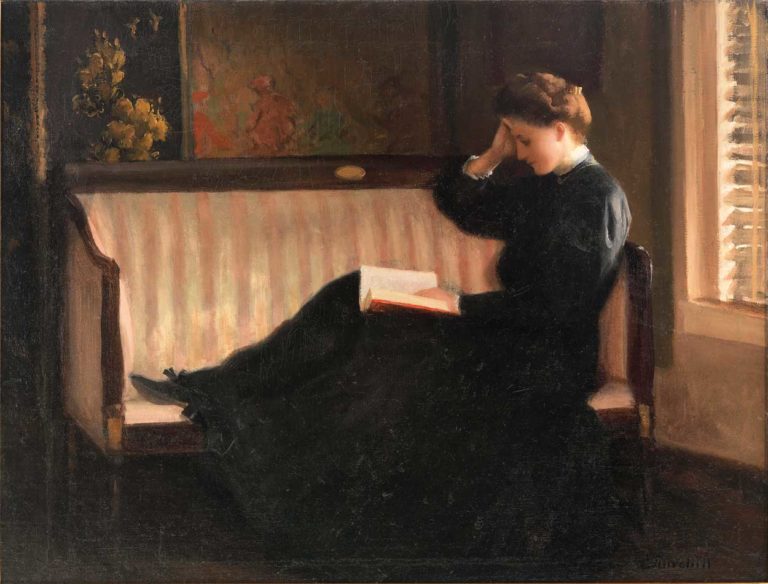Tuesday
Yesterday Donald Trump’s niece applied L. Frank Baum’s Wizard of Oz those Republican politicians who have been bashing the FBI while defending Donald Trump for having carried off state secrets. “Remember how aggressively the flying monkeys protected the wicked witch in the Wizard of Oz? Then when she melted the fever broke?” she asked, before adding, “It’s gonna be like that.”
In other words, GOP politicians are going to defend the former president to the hilt until, suddenly, they’ll stop.
One shouldn’t be too confident in her prediction given how Trump, time and time again, has retained the loyalty of his followers when all appeared lost for him. Still, I turned to Baum’s book to see what fevers look like when they break.
It’s worth noting just how vicious the monkeys originally are. Think of them as those Trump supporters who attacked the Capitol and who continue to threaten violence. Upon the command of the Wicked Witch of the West, some of them
seized the Tin Woodman and carried him through the air until they were over a country thickly covered with sharp rocks. Here they dropped the poor Woodman, who fell a great distance to the rocks, where he lay so battered and dented that he could neither move nor groan.
Others of the Monkeys caught the Scarecrow, and with their long fingers pulled all of the straw out of his clothes and head. They made his hat and boots and clothes into a small bundle and threw it into the top branches of a tall tree.
The remaining Monkeys threw pieces of stout rope around the Lion and wound many coils about his body and head and legs, until he was unable to bite or scratch or struggle in any way. Then they lifted him up and flew away with him to the Witch’s castle, where he was placed in a small yard with a high iron fence around it, so that he could not escape.
They are fully prepared to destroy Dorothy as well but discover that she is supported by the kiss of the Good Witch of the North. They therefore capture her instead, carrying her off to the Wicked Witch.
After Dorothy destroys the witch, she learns that, by employing her golden cap, she too can command the monkeys. When they are carrying her and her companions back to the Emerald City, she learns their history from their leader. His description of their pre-captivity days may sound—to some members of the GOP—like the good old days before Trump:
“Once,” began the leader, “we were a free people, living happily in the great forest, flying from tree to tree, eating nuts and fruit, and doing just as we pleased without calling anybody master. Perhaps some of us were rather too full of mischief at times, flying down to pull the tails of the animals that had no wings, chasing birds, and throwing nuts at the people who walked in the forest. But we were careless and happy and full of fun, and enjoyed every minute of the day.
Then they play a trick on the fiancé of a sorceress and become members of the Trump cult captives of the golden cap.
Another group victimized by the Witch are the Winkies, who—like the rest of us—have had to suffer under a tyrannical reign. Here’s what happens after Dorothy frees them:
There was great rejoicing among the yellow Winkies, for they had been made to work hard during many years for the Wicked Witch, who had always treated them with great cruelty. They kept this day as a holiday, then and ever after, and spent the time in feasting and dancing.
Many of us thought we could start feasting and dancing when Biden defeated Trump in the 2020 election. It appears our battle with the former president is not yet over.
